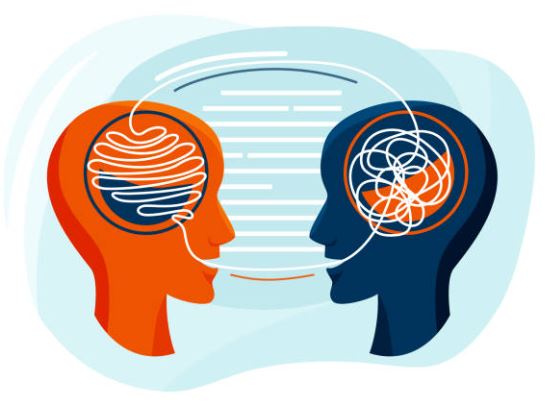Understanding the interplay between ADHD and fear of intimacy is essential, as this relationship dynamic is often overlooked. This fear pertains to romantic relationships and extends to friendships and family connections, affecting the depth of these bonds. Recognizing the impact of ADHD on these crucial aspects of life underscores the importance of addressing the unique challenges it presents.
This article will delve into the correlation between ADHD and fear of intimacy, shedding light on why individuals with ADHD might struggle with or push loved ones away. It will explore the impact of ADHD on both emotional and physical intimacy, providing insights into the underlying causes and effects of these challenges in relationships. Additionally, strategies to foster intimacy in ADHD relationships will be discussed, offering practical advice for those aiming to strengthen their connections.










